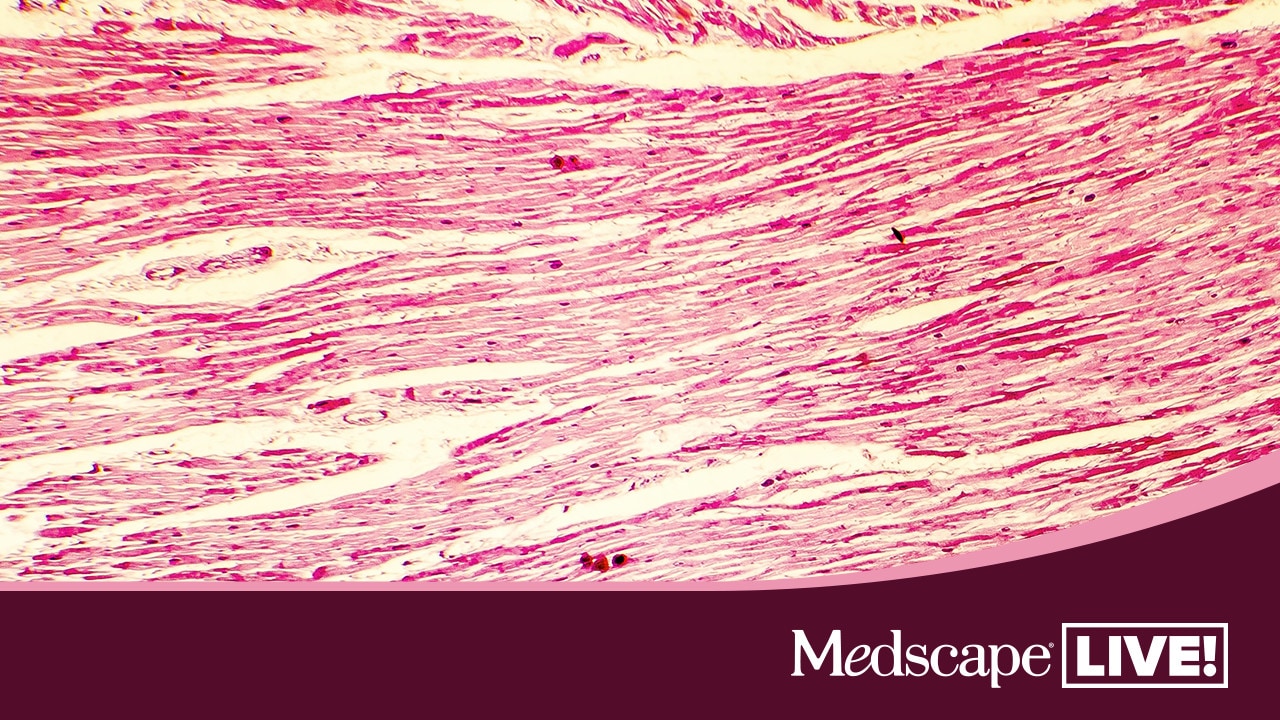Abstract and Introduction
Abstract
Background: Male sex in takotsubo syndrome (TTS) has a low incidence and it is still not well characterized.
Objectives: The aim of the present study is to describe TTS sex differences.
Methods: TTS patients enrolled in the international multicenter GEIST (GErman Italian Spanish Takotsubo) registry were analyzed. Comparisons between sexes were performed within the overall cohort and using an adjusted analysis with 1:1 propensity score matching for age, comorbidities, and kind of trigger.
Results: In total, 286 (11%) of 2,492 TTS patients were men. Male patients were younger (age 69 ± 13 years vs 71 ± 11 years; P = 0.005), with higher prevalence of comorbid conditions (diabetes mellitus 25% vs 19%; P = 0.01; pulmonary diseases 21% vs 15%; P = 0.006; malignancies 25% vs 13%; P < 0.001) and physical trigger (55 vs 32% P < 0.01). Propensity-score matching yielded 207 patients from each group. After 1:1 propensity matching, male patients had higher rates of cardiogenic shock and in-hospital mortality (16% vs 6% and 8% vs 3%, respectively; both P < 0.05). Long-term mortality rate was 4.3% per patient-year (men 10%, women 3.8%). Survival analysis showed higher mortality rate in men during the acute phase in both cohorts (overall: P < 0.001; matched: P = 0.001); mortality rate after 60 days was higher in men in the overall (P = 0.002) but not in the matched cohort (P = 0.541). Within the overall population, male sex remained independently associated with both in-hospital (OR: 2.26; 95% CI: 1.16–4.40) and long-term mortality (HR: 1.83; 95% CI: 1.32–2.52).
Conclusions: Male TTS is featured by a distinct high-risk phenotype requiring close in-hospital monitoring and long-term follow-up.
Introduction
Takotsubo syndrome (TTS) is an acute heart failure condition characterized by substantially reversible cardiac dysfunction and a not trivial rate of short- and long-term morbidity and mortality.[1]
Increased catecholaminergic signaling plays a central role in the onset of the syndrome, leading to acute inflammation and metabolic lipid dysregulation at cardiac level together with negative inotropic and chronotropic effects.[2]
From earlier reports, a preponderance of women, and particularly postmenopausal women, among affected individuals has been observed,[3] although reasons for such a predisposition are still not fully clear.[4] Recently, data from multicenter registries identified male sex as a factor associated with worse prognosis.[5–8] However, the male subgroup is under-reported and understudied,[4] because only few relatively small observational studies or larger analyses using national inpatient samples with less detailed data were specifically targeted to the characterization of male TTS. In these reports, male patients were described as having higher prevalence of physical factors triggering the syndrome, larger comorbidity burden and higher rates of adverse outcomes as compared with women.[9–12] Given the uncommon occurrence of TTS in men, the limitations of previous research include small sample sizes and demographic disproportion between groups, for which sex differences in patients with TTS still remain to be clarified.[13] The aim of the present study is to undertake an analysis of male TTS patients included in the large, multicentric, and international GEIST (GErman Italian Spanish Takotsubo; NCT04361994) registry, to provide a more comprehensive description of disease characteristics and outcomes in this subset of patients.
J Am Coll Cardiol. 2022;79(21):2085-2093. © 2022 American College of Cardiology Foundation













